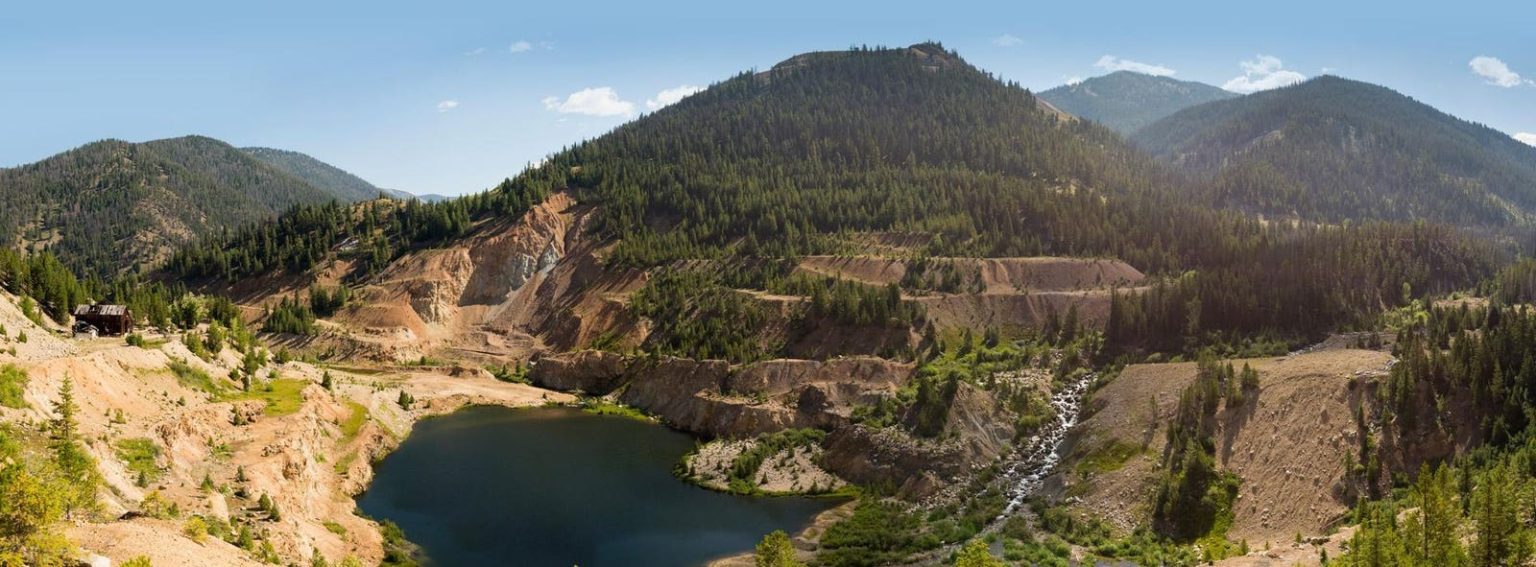Record high gold prices are set to revive the shuttered Stibnite mine in Idaho, providing the Pentagon with vital antimony and funding the rehabilitation of 20 miles of salmon streams in the backcountry. Laurel Sayer, CEO of Perpetua Resources Idaho, has been working to bring the mine back to life for the past decade, recognizing the opportunity to responsibly produce gold and antimony while leaving a positive impact on the environment. The mine has unique and crucial resources necessary for national security, particularly as China has dominated the global antimony market with 90% control.
Perpetua has been working through the federal permitting process for eight years, with support from the U.S. Department of Defense and $70 million in grants. The company has faced challenges in addressing the environmental impact of the old mine while planning for a new operation that will clean up the site and restore the surrounding area. By engaging with the public and addressing concerns, Perpetua has made progress in its efforts to reopen the mine and meet environmental standards. The company has already spent $17 million on conservation work, including moving old mine tailings away from waterways.
Despite objections from some groups, Perpetua has made significant strides in obtaining the necessary approvals for the project. The company has re-engineered plans to meet lower arsenic levels and improve conditions for salmon in the river. By receiving a final environmental statement and settling a Clean Water Act lawsuit with the Nez Perce tribe, Perpetua is moving closer to reopening the mine and beginning production. The surge in gold prices has also provided additional economic incentive for the project, with the potential to generate significant profits over the mine’s 15-year lifespan.
Investing in Perpetua comes with risks, as the company has faced volatility in its stock price and significant financial losses in the past. However, with a new CEO at the helm and plans in place to secure financing for the project, Perpetua is poised to move forward with construction and production. The company is also exploring potential financing options, including loans from the U.S. Export-Import Bank, and stands to benefit from tax credits for critical materials. The success of the project will be measured not only in financial terms but also in the return of salmon to the streams and the restoration of the surrounding ecosystem.
As Perpetua moves closer to reopening the Stibnite mine and tapping into its valuable resources, the company is positioning itself to play a key role in diversifying the antimony market and meeting national security needs. By balancing economic incentives with environmental responsibility, Perpetua aims to create a sustainable mining operation that benefits both the company and the surrounding community. With support from the Pentagon, investors, and the public, Perpetua is on track to make a significant impact on the mining industry and the environment in Idaho.


